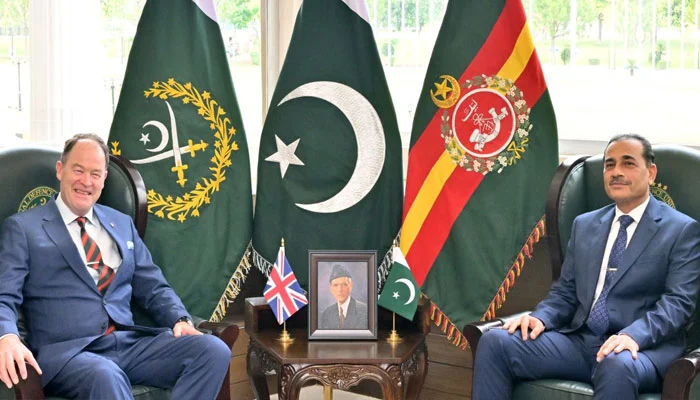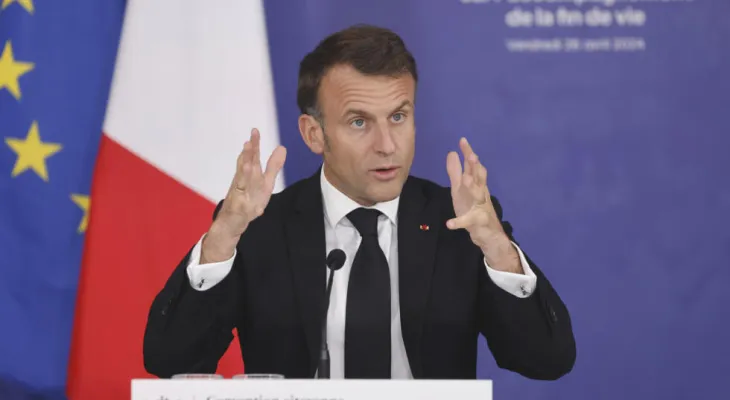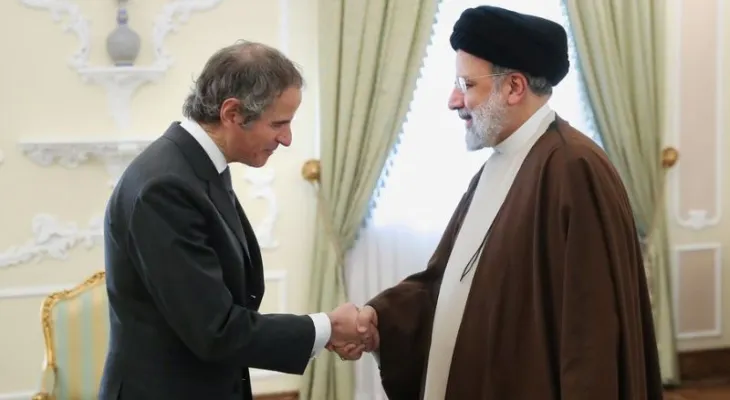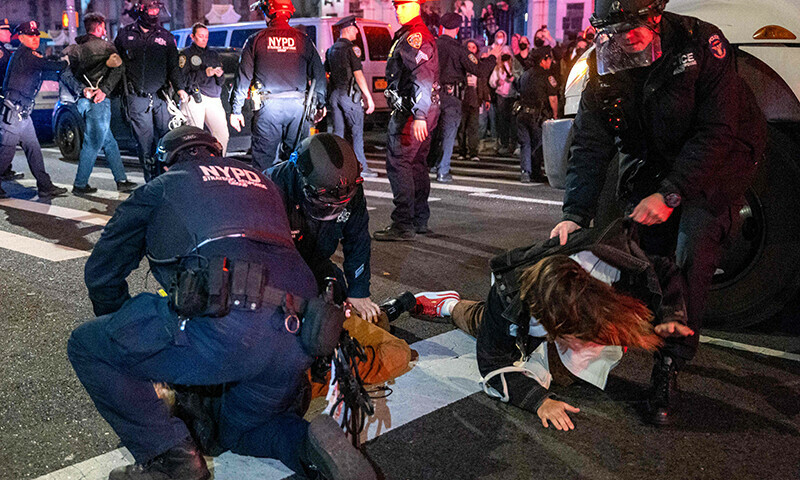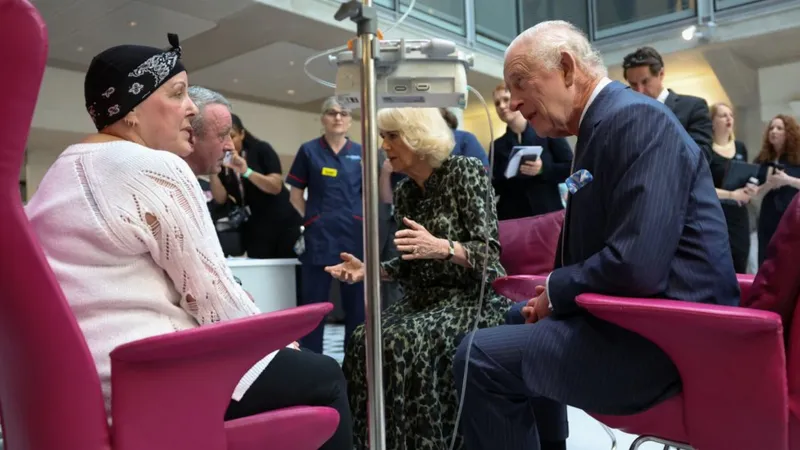The King was asked by a patient how he was feeling while he had his own cancer treatment: “I’m all right, thanks. Not too bad,” the King replied.
Looking relaxed and smiling, the King visited a specialist cancer centre in central London with Queen Camilla.
It was his first big public appearance since his cancer diagnosis.
The King, who has become Cancer Research UK’s new patron, was shown some of the innovative medical technology at the Macmillan Cancer Centre at University College London Hospital.
But there was a sense of shared human experience as he sat down to chat to patients about the treatment they were receiving – sympathising that he had his own “treatment this afternoon as well”.
“It’s always a bit of a shock isn’t it, when they tell you,” agreed the King, as he spoke to Lesley Woodbridge, 63, from Houghton Regis, Bedfordshire.
Her husband Roger spoke with Queen Camilla about the impact on them. “I said to her ‘How do you feel?” … She just said ‘It’s just so difficult’ and we both agreed,” Mr Woodbridge said.
“We’ve all got to stick together,” another patient told the King, while others discussed painful side effects such as mouth ulcers and exhaustion.
There was also a message of modern treatments allowing people to keep going with their lives, with one patient telling the King he was continuing to work in his job at the Royal Opera House.
“One of my favourite places. It restores my spirit,” said the King.
The visit was intended to raise awareness of the importance of early cancer diagnosis and follows the King’s decision to make his own health issues public, in the hope it will encourage others to seek checks.
On the hospital visit, he said the challenge is “to get enough people early”.
In terms of the King’s own health, the hospital’s chief executive David Probert said the King was showing plenty of “energy” going round the hospital. He was using the stairs rather than the lift.
Asha Millen, 60, who is receiving chemotherapy, said the King had told her: “I’m well”.
When the King arrived at the hospital in the royal Bentley, someone shouted: “Are you glad to be back?”
He replied with that kind of cheerful but indistinct noise that sounds like agreeing with someone without being pinned down to anything specific. Alphabetti spaghetti without any of the vowels.
The King then went inside the hospital to loud cheers from the staff and patients waiting inside.
He seemed well and was quick to listen to the stories of many people who had arrived for their own cancer treatment.
They included 11-year-old Ellis Edwards, who is receiving radiotherapy and was given a special present of three books by Queen Camilla – plus a big chocolate coin.
The royal visit was a “really nice distraction”, said the boy’s mother Carly, from Southampton, as they face regular trips to hospital. “He’s really brave and a superstar so it’s great he can do something nice. He deserves it,” she said.
The first visit of the year comes after a Buckingham Palace statement last week revealed a more positive message about his health.
Aside from an Easter church service, the King has stayed away from public events since his treatment for an unspecified form of cancer began.
But the King’s doctors were said to be “very encouraged by the progress made so far”.
Although the mood music about the King’s health is more positive, it remains a cautious optimism, with the King’s cancer treatment still continuing and no date announced for its completion so far.
However, he is expected to be sufficiently well to host a state visit from the Emperor and Empress of Japan in late June, which forms part of his role as head of state.
Despite his recent convalescence, the King has carried on with his constitutional role, including regular private meetings with the prime minister.
Nonetheless, it remains uncertain whether the King will be able to attend some of the key royal events taking place in the weeks ahead, including Trooping the Colour, garden parties and D-Day commemorations.
Decisions on whether he will be able to take part will be made following medical advice nearer the time, but the King’s summer schedule is likely to be reduced, or adapted, while he continues his recovery.


